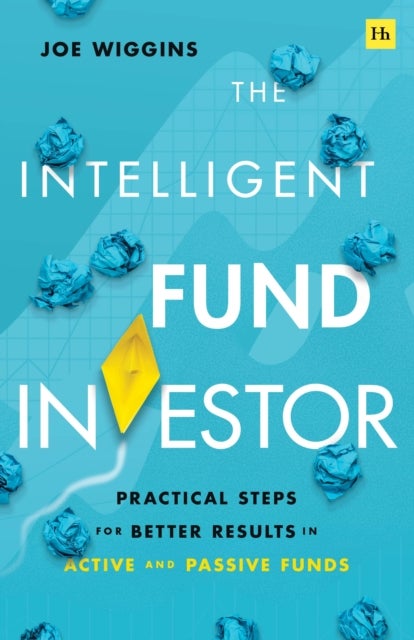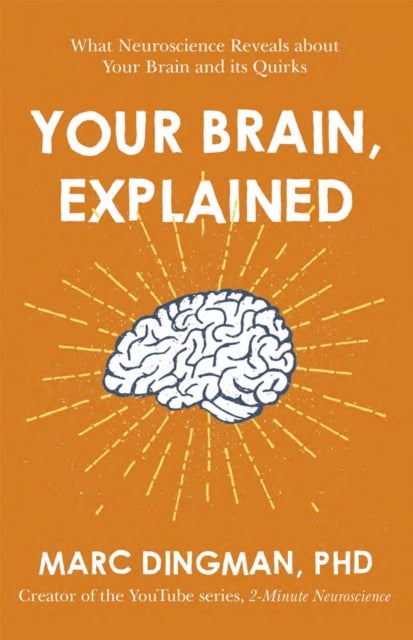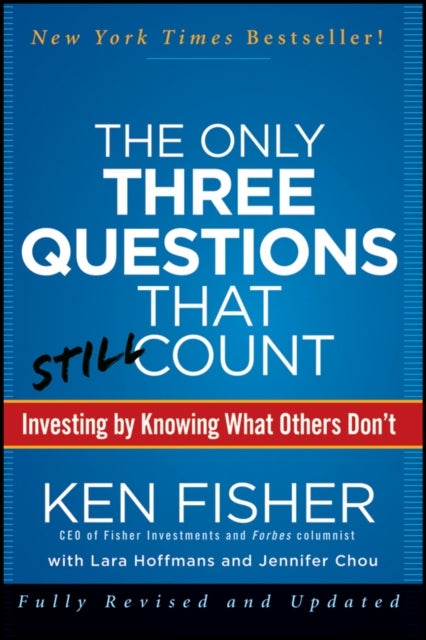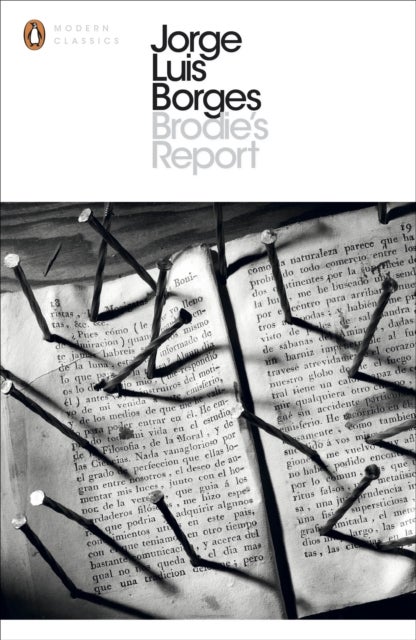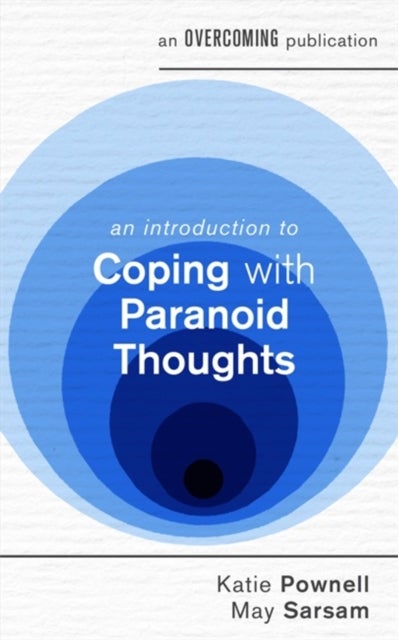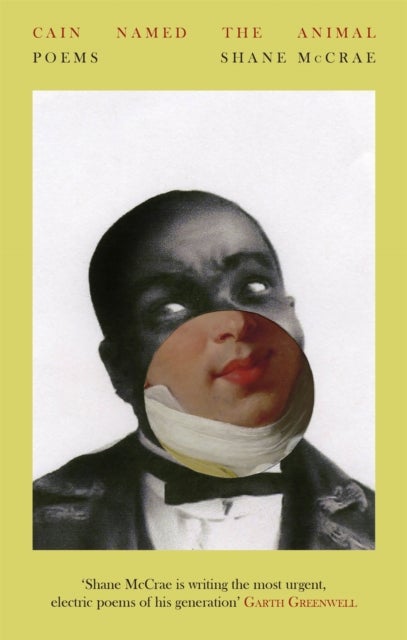
Cain Named The Animal av Shane McCrae
179,-
<p><b>''In McCrae''s hands, poetry is reclamation. It is also transport: writing a way out and through'' Kate Kellaway, <i>Guardian </i></b><br><br><b>''Confirms McCrae as one of the most erudite and inventive poets of our time'' Kit Fan, <i>Guardian</i></b><br><br>Writing you I give the death I take<br> I know I should feel wounded by your death<br> I write to you to make a wound write back<br><br> Shane McCrae fashions a world of endings and infinites in <i>Cain Named the Animal</i>. With cyclical, rhythmic lines that create and recreate images of our shared and specific pasts, McCrae writes into and through the wounds that we remember and ''strains toward a vision of joy'' (Will Brewbaker, the <i>Los Angeles Review of Books</i>).<br><br><i> Cain Named the Animal</i> expands upon the biblical, heavenly world that McCrae has been building throughout his previous collections; he writes of Eden, of the lost tribe that watched time enter the garden and God rehearse the world, and of the

